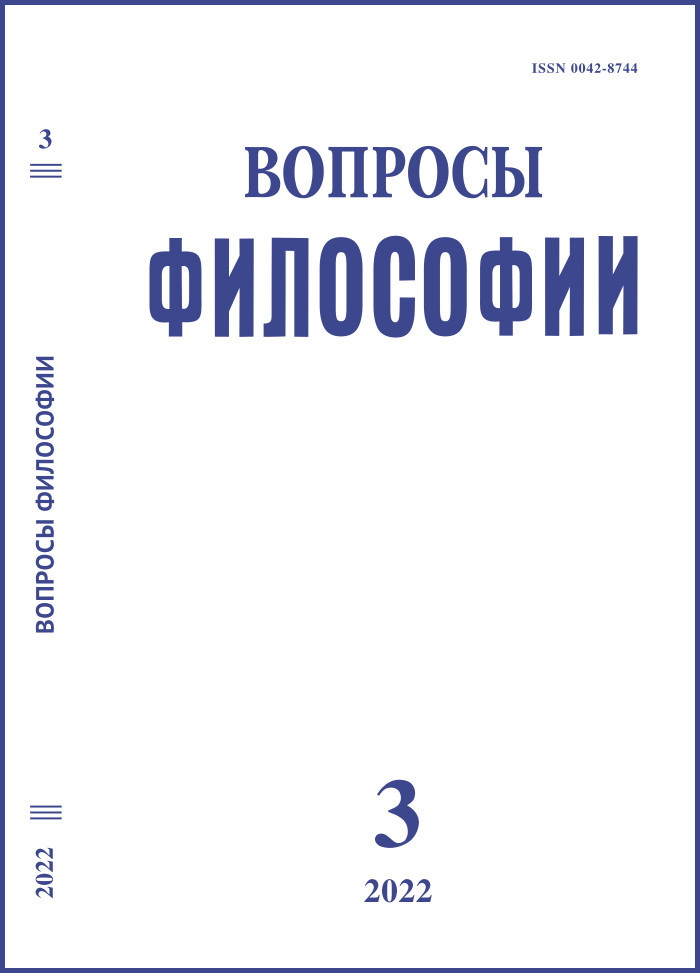On the Metamorphosis of One Institution of Civil Society
DOI:
https://doi.org/10.21146/0042-8744-2022-3-34-41Keywords:
police, civil society, the universal, Hegel, policy.Abstract
The article presents a version of the evolution of the police institution, which was originally part of civil society, not the state. A few paragraphs from Hegel’s lectures on the philosophy of law become the starting point of this reconstruction. Based on the ideas expressed in them, the author explains the mechanism of the emergence of the police from the activities of citizens to establish rules (protocols) of interaction, the supervision of which they jointly conduct for the common good – this, in fact, is the purpose of the police initially. The proposed reconstruction can be useful in two aspects. Firstly, it points to the gradual degeneration of the institution of the police, to its transformation from an institution of civil society into an element of the state system and an organ of external violence, and consequently, to a decrease in the participation of citizens in the supervision of the observance of the common good and their transformation into a passive object of alien power influence. Secondly, this reconstruction shows that various types of modern civic activity in the field of social policy (policy making) originated as part of the first police protocols and related actions.
Published
Versions
- 2025-02-06 (2)
- 2022-03-31 (1)

